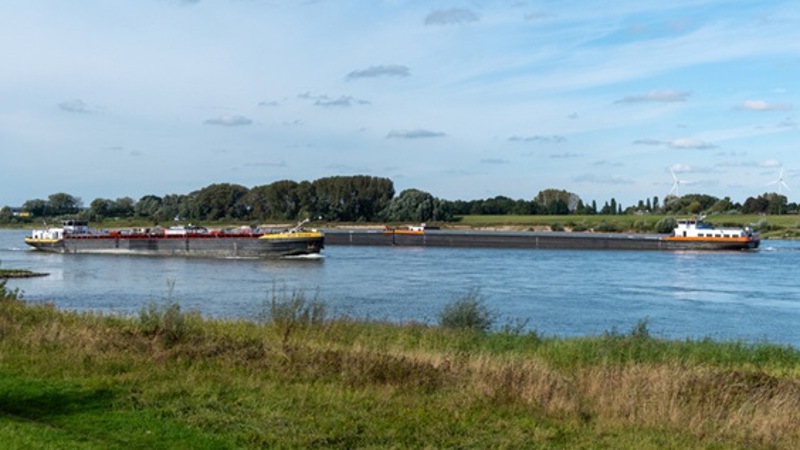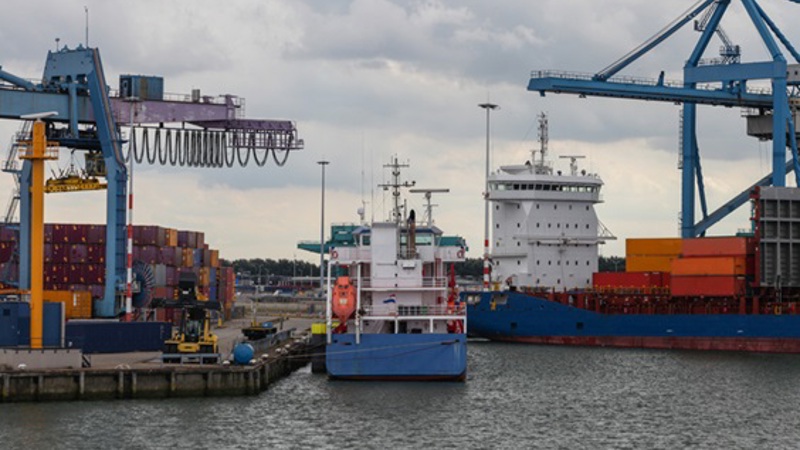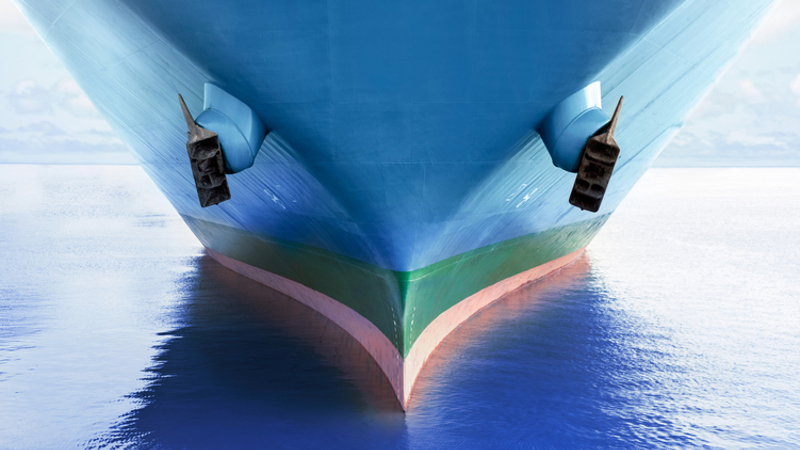Dutch Court Surveyor in Maritime Matters; another fact finding tool
April 2019
Court survey; a means to gather factual information
When a maritime incident has occurred, fact finding is of the essence. It can then be very useful to instruct a court surveyor to investigate the cause and circumstances of the incident objectively and independently. Information and documentation can be collected and an inspection can take place, also on board a vessel involved. A court surveyor may get access to factual input that remains unavailable for a surveyor instructed by one of the parties. At least, that is how it should work.
Boost for Dutch Court Surveyor
Dutch law provides for the option of appointing a maritime court surveyor. In practice, however, the possibility is not often made use of. Common complaints concern the following:
- the costs involved with a full investigation including the drafting of a report;
- doubts about the independency of the person acting as court surveyor; and
- the lack of support given by the Court to the court surveyor.
A working group of the Maritime Chamber of the District Court of Rotterdam, the Erasmus University and the Dutch Transport Law Association have made joint recommendations to address these concerns and to make the court surveyor a more effective tool for fact finding. The recommendations have been implemented in the existing legal framework.
Which improvements have been made?
1. Option of a limited, cheaper instruction
- The court can appoint a court surveyor with a limited instruction. The court surveyor can, for example, only be asked to gather documentation and to provide the same to the parties involved. A court surveyor could also be appointed merely to take interviews with persons involved. It goes without saying that when the court surveyor does not have to investigate all aspects of an incident or have to write a full report, the costs of his involvement will be limited accordingly. The total costs will thus most likely be less than when an arrest of evidence is to be made.
It remains possible to ask the court to appoint a court surveyor to carry out a full survey, including producing an extensive report.
2. Person of the court surveyor; notification of conflicts
A potential court surveyor is obliged to inform the court as soon as he is aware of a potential conflict of interest. In that situation, another court surveyor may be appointed.
The establishment of fixed court surveyors, like the Belgian Nautical Committee, was considered, but did not appear to be a viable option at this stage. The advantage of not having permanent court surveyors is that there is more choice and that the person with highly specialised knowledge can be found for the job at hand.
3. Assistance of the Court; emergency number
The District Court of Rotterdam, which has exclusive jurisdiction in most maritime matters in the Netherlands, has agreed to take on a more active role. A contact person for the court surveyor will be appointed. In addition, the Court provides for an emergency telephone number, so a judge can be contacted 24/7 to provide assistance, if and when necessary.
Gather and preserve evidence in the Netherlands
Dutch law provides for excellent fact finding possibilities, like an arrest of evidence or a disclosure request to the court that specific documents are to be provided. With the new recommendations made by the joint working group, the court surveyor should become another useful tool – and possibly an even more efficient and cheaper one - in the fact finding arsenal.
This article has also been published in Lexology.










